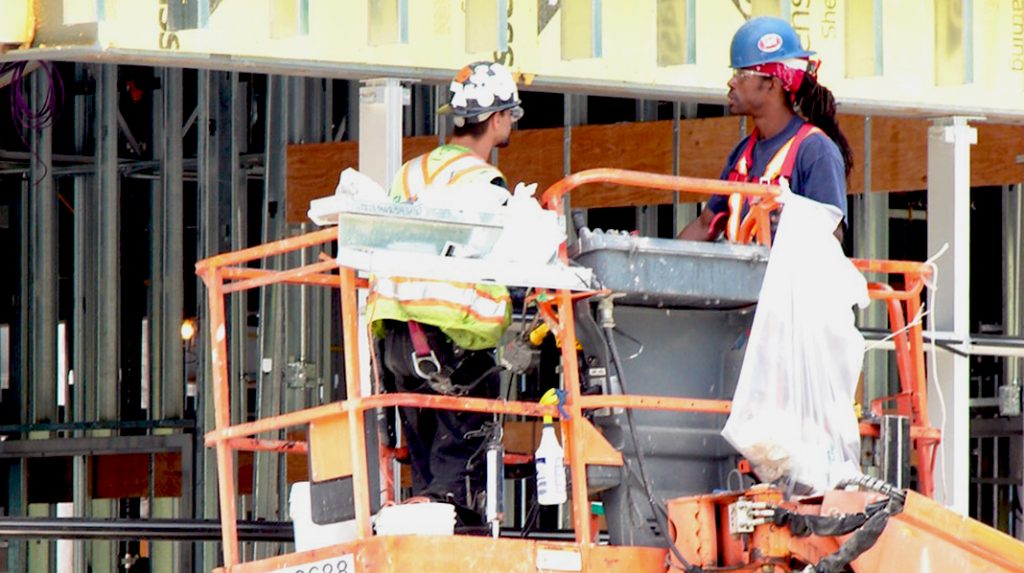Industry stakeholders are answering the call of the code.
British Columbia’s Labour Relations Code is under review by a panel of three people who will provide recommendations by August 2018 on potential amendments to the code. The stated intent of the review is to ensure the code supports a growing and sustainable economy and is consistent with best practices in other regions across Canada.
The Independent Contractors and Businesses Association of British Columbia (ICBA) has submitted to the review with 12 other organizations as co-signatories including the Urban Development Institute, the Canadian Home Builders’ Association and the Canadian Federation of Independent Business.
One of the key themes of the ICBA submission is an appeal to maintain continuity to the code, as changes would have a “major impact” on small and medium-sized businesses in B.C. as well as “have an enormous impact on B.C.’s reputation as a place where businesses can invest capital, create opportunities and develop talent.”
“We’re encouraging the panel to maintain fairness and balance in the code. It’s working and it’s working well,” said ICBA president Chris Gardner.
He also stressed his organization’s support of a secret ballot for union certification.
“If workers want to join a union, that’s their choice, but they should be able to do so with a secret ballot,” Gardner said. “Right now, the NDP government would like to change that and the only thing holding them back is (Green Leader) Andrew Weaver, who is in favour of a secret ballot.”
Last year during the provincial election Premier John Horgan said he supported a move away from secret ballots to a card check system, where a majority of union members sign union cards for certification.
The B.C. branch of the Progressive Contractors Association of Canada (PCA) also cautioned against major changes to the code.
“B.C. has benefited from years of labour peace and a diverse pool of labour models that have helped keep the industry and economy strong and competitive. As major employers in B.C. we want to ensure that any changes considered do not put a leading industry at risk,” stated PCA B.C. regional director Rieghardt van Enter.
He agreed secret ballots should be upheld, but added one change the PCA would like to see is a move of the open period from the seventh and eighth month of each year to the last two months of a collective agreement, at a minimum three years.
The BC Building Trades made several recommendations for changes, including the establishment of a separate review panel to examine construction labour relations.
The Building Trades submission stated construction is a unique industry in that the relationship of workers to the workplace and to employers, along with the transient nature of work and the need for a highly skilled and mobile workforce means, “the application of standard labour relations law results in a skewed and inappropriate interpretation of the existing law. The construction industry requires a Code that addresses definitions, certification procedures, bargaining processes/structures and dispute resolution mechanisms.”
The submission also stated the labour board is underfunded and as such it must rely on employers to determine provisional lists of voters for mandatory certification votes, where eligibility is determined through employer payroll records.
It also recommended restoring a system of union certification based on membership cards alone and enabling remedial certifications, along with strengthened provisions to prevent intimidation.
“A thorough and separate review of the industry is required to modernize the Code as it pertains to construction and ensure the needs of workers and employers are fairly balanced with regulations that make sense to our distinct industry,” the submission concluded.








Recent Comments